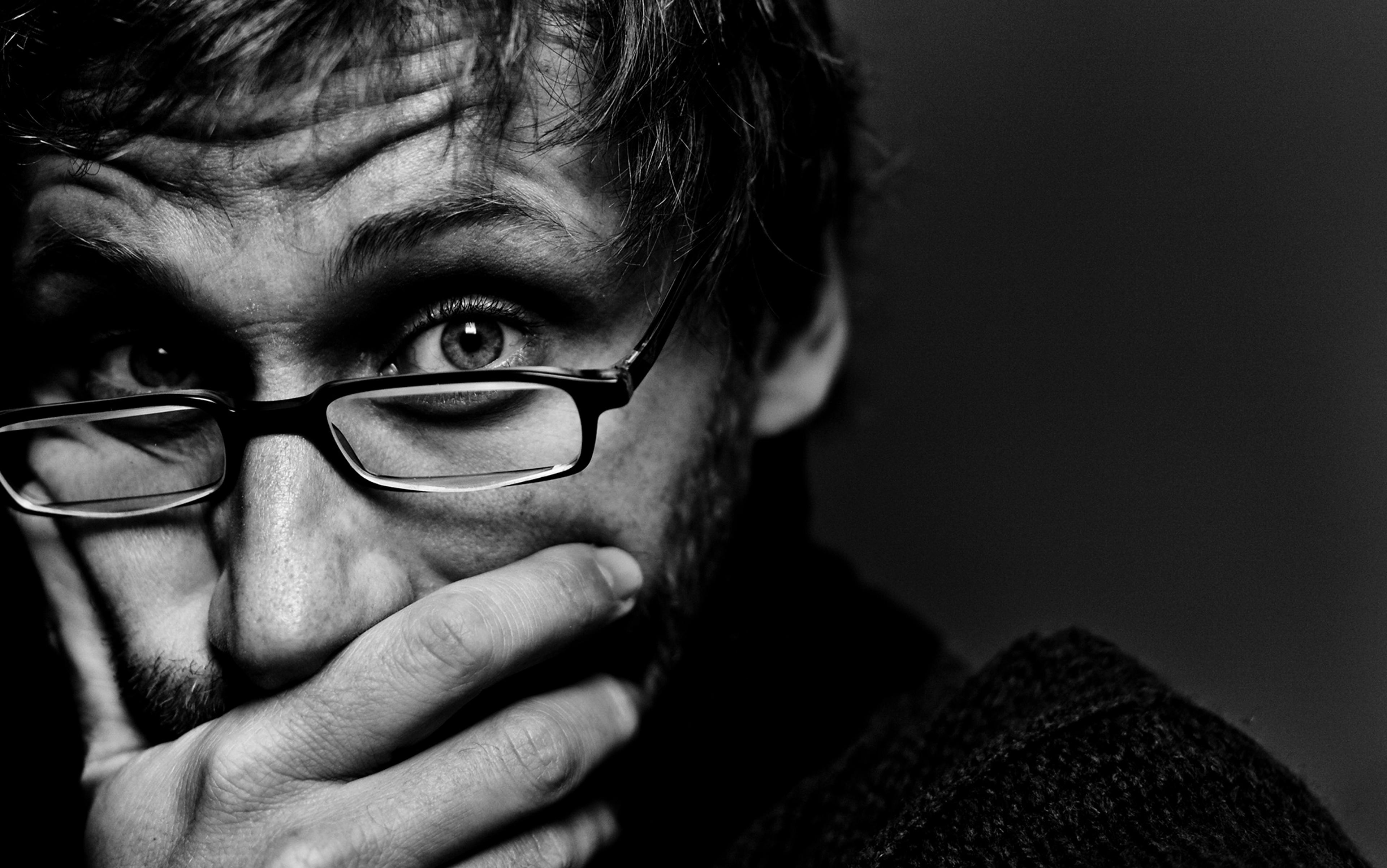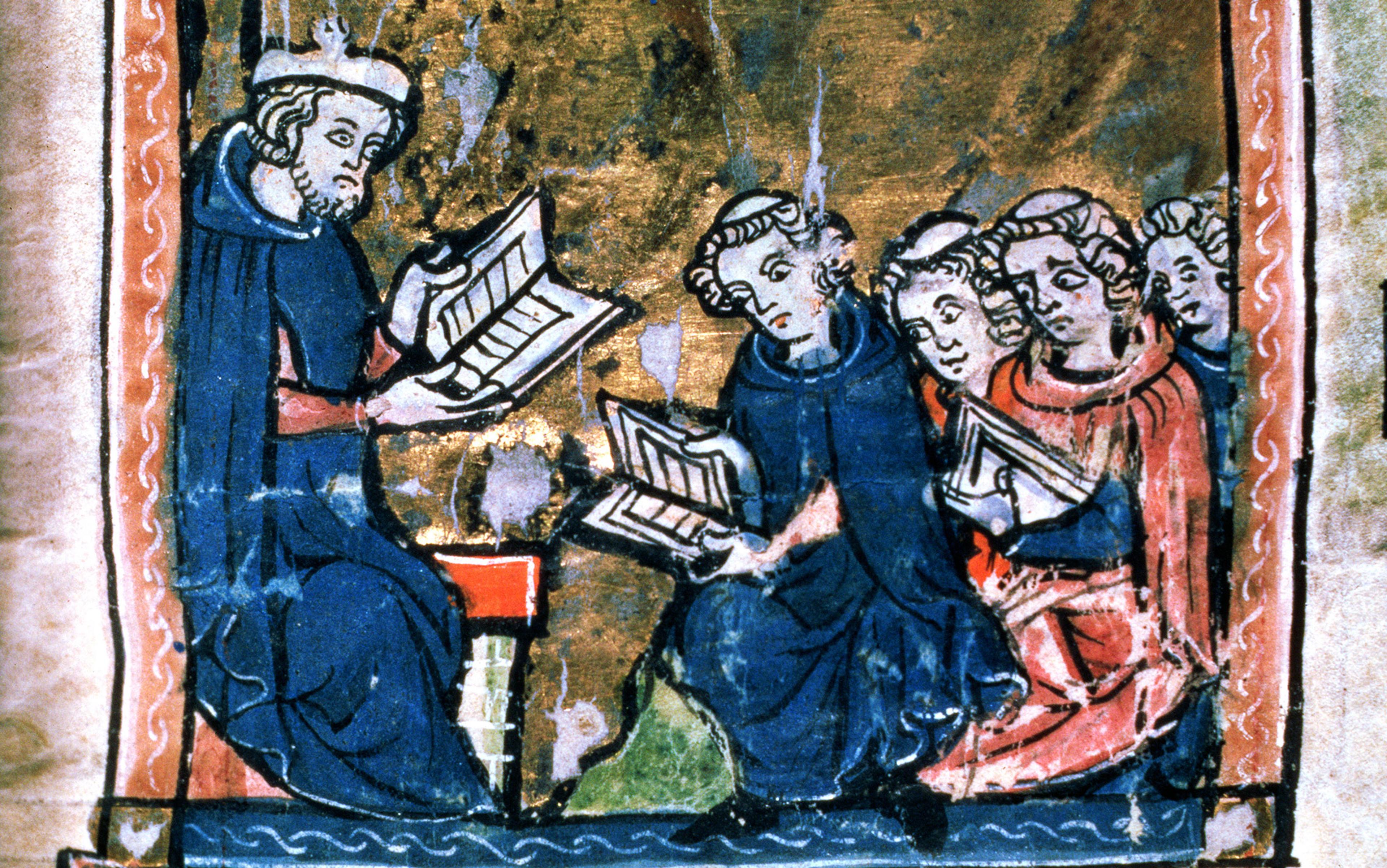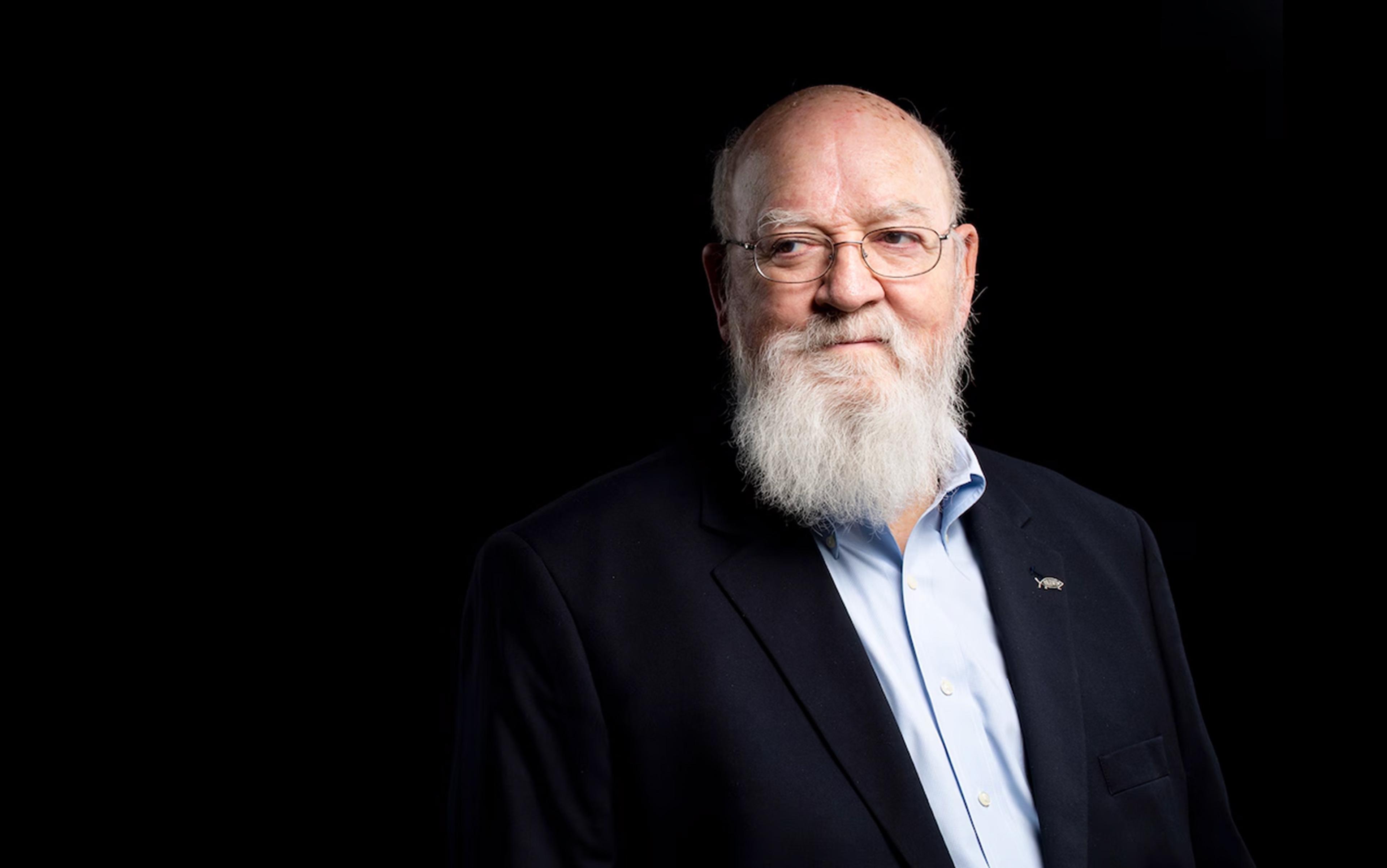The French philosopher René Descartes (1596-1650) is generally presented as one of the founders of modern Western philosophy and science, the man who made reason the principle of the search for truth, and who formulated the cogito, ‘I think, therefore I am.’ His assertion of mind-body dualism has given rise to a great number of objections over time, from those of 17th-century theologians to those of 20th-century feminists. In France, even though the decision of the 1792-95 National Convention to transfer Descartes’s remains to the Pantheon in Paris was not followed through, the philosopher is nonetheless regarded as ‘un grand homme’, a national hero, and being labelled ‘Cartesian’ is still today a compliment that emphasises one’s common sense, good judgment and methodical use of reason.
Yet Descartes was not always the undisputed champion of reason that he is today. In 17th-century England and the Netherlands, he was publicly and repeatedly accused of being a fraud and of lying to his readers so as to manipulate them into becoming his disciples. Of course, as one would expect, many intellectual and scientific objections were raised by his contemporaries against Descartes’s philosophy. But those ad hominem allegations were of a different nature altogether: they implied that the French philosopher resorted to well-crafted and dishonest strategies to make his readers ignorant, and therefore gullible, with the aim of making them submit to his control. Thus, according to those critics, the founder of modern science was, in truth, a purveyor of ignorance.
Such an accusation was made for example by the Protestant scholar and theologian Meric Casaubon (1599-1671), a Geneva-born clergyman of the Church of England, in a long manuscript letter on ‘general learning’ written in 1668, in which he deplores what he perceives as the growing ignorance of his contemporaries. In this text, Casaubon accuses Descartes of deliberately encouraging his readers to make themselves ignorant by urging them to renounce their beliefs and forget all the knowledge that they have previously acquired: ‘a man must first strip himself of all that he has ever known, or believed.’
This accusation against the champion of rationalism may seem paradoxical at first, but it should not come as a complete surprise: if Descartes did not praise ignorance as such, and certainly not as an end in itself, he did encourage his readers to get rid of all their previous opinions, prejudices and false knowledge, as he himself had done after realising the uncertainty of the knowledge he had been taught as a child. Indeed, in the Discourse on Method (1637), Descartes relates how he initially loved philosophy, theology, poetry and mathematics, which he had been taught at the prestigious Collège Royal de La Flèche, before he became aware of the variety of opinions and the pervasiveness of error, which made him doubt all his knowledge and beliefs. In the Meditations (1641), a few years after the Discourse, Descartes further explains that, in the face of such doubt and uncertainty, he decided to get rid of all the opinions he had formed or acquired in order to rebuild science and knowledge on a firm basis. This experience of ‘radical’ or ‘hyperbolical’ doubt, as it has later been called, which results in the rejection of all knowledge, implying a form of self-induced ignorance, was unsurprisingly construed as an extreme stance by 17th-century commentators, and we may understand how it could be interpreted as a promotion of complete ignorance.
According to Casaubon in his 1668 letter, Descartes presents ignorance as the only way to attain the ‘mystery’ and ‘excellency’ of ‘his Ego sum: ego Cogito [I exist: I think]’, or the reassuring certainty of one’s own existence. Yet the result of this self-inflicted ignorance is nothing but solitude and despair, Casaubon adds, describing with much detail the epistemic anxiety experienced by those who fall victim to Descartes’s manipulation, and who, in the end, have no choice but to ‘adhere to him tooth and nail’, therefore becoming his ‘disciples’. Descartes and other similarly ill-intentioned men who also dream of founding their own sects (namely Jesuits and Puritans), Casaubon declares:
first … cast [people] down to the lowest pit of despair; and then with such engines of persuasion, they are commonly [well] stored with, … raise them up again, to the highest pitch of confidence: but so that they leave themselves a power still, to cast down, & to raise again, when they see cause; which must needs oblige the credulous disciple, as he has found the horror of the one, & the comfort (whether real or imaginary) of the other, to a great dependency.
As this passage clearly states, the credulous victims of Descartes’s manipulation are taken on an emotional rollercoaster, from ‘the lowest pit of despair’ to ‘the highest pitch of confidence’ and back. Once they have experienced those unbearable conditions, they are exhausted and vulnerable, and end up believing that only Descartes can save them from despair and solitude, even though, ironically, Casaubon explains, the French philosopher is the one who caused that painful condition in the first place.
Descartes’s philosophy was therefore a mere tool devised to spread ignorance
The 17th-century manipulation techniques here described by Casaubon are strikingly similar to what we now call ‘gaslighting’, a form of emotional and psychological abuse that leads the victim to question their own cognitive faculties and sometimes even their very sanity. As a matter of fact, the Dutch scholar and theologian Martin Schoock (1614-1669), Descartes’s contemporary, had, even more clearly than Casaubon and 25 years earlier, accused Descartes’s ‘new philosophy’ of leading to mental disorder, because choosing ignorance, according to Schoock in his Admirable Method (1643), amounts to deliberately putting off the light of reason in one’s mind: ‘A grown man who forgets everything is ignorant of everything, and where there is ignorance of everything, there is mental disorder.’ (My translation.)
As this passage makes clear, Schoock also thought that Descartes’s radical doubt could not but result in complete ignorance – Descartes’s philosophy was therefore a mere tool devised to spread ignorance. This call for radical doubt, as Schoock understood it, was based on the Cartesian idea that certain and evident truth can come only from within oneself. The French philosopher had allegedly ‘waged a war on books and reading’ and encouraged laziness, especially among young people, who were invited to spend all day lying down and ‘meditating’, in other words doing nothing. Descartes’s victims, Schoock adds, were primarily less-educated or naive people, who fell more readily for his deceptive arguments as they were dazzled by his reputation and influence. Indeed, the example of Descartes’s alleged use of ignorance also reveals the insidious domination of the intellectual elite over less-educated people. Thus, for Schoock as for Casaubon, the aim of Descartes’s so-called philosophy was to turn ignorant people into disciples and ensure their obedience.
If we are to believe Casaubon and Schoock, Descartes’s alleged manipulation was fairly successful, and a great number of people joined ‘the Cartesian sect’. So how come Descartes could so easily dupe his contemporaries? One answer might be that his deception did not rely on lying, but on the more strategic use and abuse of doubt. Doubt is indeed more subtle than crude lies, and therefore more efficient, provided the audience who is being manipulated is not entirely ignorant at first (otherwise, lies would work just as well), yet not educated or sagacious enough to be able to detect and expose the deception straight away. The efficiency of doubt as a strategy may also reside in its versatility. Doubt is indeed both an epistemic virtue, or the first step on the path to truth (the philosopher is always initially a doubter, someone who questions what they have been taught or what seems self-evident), and an epistemic vice, as it can lead to destabilisation and even dissolution of truth and knowledge altogether when it is excessive or misplaced.
Yet we should not forget that we are here dealing with allegations and interpretations of Cartesian philosophy by intellectual opponents, and not with facts. And we can safely assume that the French philosopher was not the dark guru decried by Casaubon and Schoock, even if some of his less-infatuated biographers, like Desmond M Clarke in 2006, have portrayed him as ‘haughty, arrogant, … excessively sensitive to criticism’ and obsessed with defending his reputation. Even at the time, in the context of the 1640s quarrel – called ‘the Quarrel of Utrecht’ – with Schoock and other Dutch philosophers and theologians, Descartes was commonly nicknamed ‘the French liar’. This judgment on his morality may have been at least partly justified, but it was also and primarily the result of enduring religious conflicts in post-Reformation Europe. Casaubon’s assimilation of Descartes with Puritans and Jesuits attests to the religious motivation of the condemnation. Moreover, after his denunciation of Descartes’s modus operandi in attempting to seduce people, Casaubon adds that Cartesian philosophy does not provide solid grounds on which the soul’s immortality or ‘the existence of an omnipotent Deity’ can be built, showing that the defence of ‘the true religion’ is primarily what is at stake here.
He was worried about the psychological consequences of Descartes’s philosophy on his followers
For Casaubon and Schoock, who stood as champions of Protestantism, Descartes’s attitude to knowledge reflected that of the Roman Catholic Church, which had been accused since the beginning of the Reformation in the early 16th century of deliberately keeping their flocks in ignorance in order to secure a tight control over them. The insistence of the Catholic Church on intermediaries (the ecclesiastical hierarchy), who alone were allowed to bring the word of God to common people, was interpreted by Protestant reformers as a means to prevent those people from reading the sacred texts by themselves, keeping them away from literacy and knowledge. The deliberately produced ignorance of Catholic people was actually seen as the main tool used by the Roman Church to successfully ensure its power and authority over the centuries. Descartes was accused of resorting to similar methods to assert his own power, authority and reputation. Even among those who praised and admired Descartes in late 17th-century England, especially the fellows of the Royal Society of London, an academic institution devoted to the advancement of science, his religion remained a major flaw that could inspire distrust or at least suspicion. Each time his philosophy was celebrated, the (Protestant) author would indeed add the disclaimer that this was despite the French philosopher’s error in religion.
The condemnation of Descartes by Casaubon and Schoock should also be seen as the manifestation of a desperate effort to resist change in the intellectual context that led to the emergence of modern science. The conservative Casaubon feared and lamented the coming destruction of traditional knowledge, which he believed was brought forth by an undue insistence on method to the detriment of learning itself. One must admit that Cartesianism is indeed obsessed with method – Descartes’s famous Discourse is evidence enough. Moreover, Descartes’s call for the rejection by each individual of all their knowledge and opinions was not only interpreted as a means to get power over those who would make themselves ignorant, but also as the programmed extinction of established knowledge, which would give way to something new and therefore suspicious. Schoock shared those preoccupations but was probably even more worried about the psychological consequences of Descartes’s philosophy on his followers and the larger public if ever it managed to spread, which he seriously feared because the mere ‘novelty’ of this philosophy made it attractive to the ignorant multitude. Surprising as it may seem, Schoock’s fears about the sanity of Cartesians were not entirely unjustified. Indeed, if the allegation that Descartes deliberately produced ignorance to control people can be easily dismissed, the claim that his philosophy was likely to lead to madness is more convincing.
Most specialists of Descartes’s philosophy have ignored the affective experience described in the Discourse and the Meditations to focus instead on the order of reason in those texts. Radical doubt and the cogito have thus been interpreted as literary and rhetorical devices, or mere fables (the word is used by Descartes himself in the Discourse). They are generally seen as fictions or thought experiments, rather than as a cognitive process that Descartes actually experienced. If the autobiographical and emotional dimension of self-induced ignorance has been neglected so far, it might be because this aspect does not match the overarching interpretation of Cartesianism as the rule of reason. Descartes urged people to reject all their opinions and knowledge only as a temporary precondition to accessing truth, not as a permanent state. But still, he did encourage self-induced ignorance.
The epistemic anxiety that followed was described by Casaubon and Schoock, as mentioned above. But the origin of the search for truth is emotionally charged as well, as it is grounded in disillusionment and existential despair following the discovery that one was taught erroneous opinions as a child and was therefore deceived. This painful discovery gives rise to the need for purification through the rejection of one’s opinions and withdrawal from the world. The emotional impact of the search for truth is attested in Adrien Baillet’s late 17th-century biography of Descartes, which precisely describes Descartes’s physical and psychological distress.
As Tristan Dagron argues in his book Pensée et cliniques de l’identité (2019), or ‘Thoughts and Treatments of Identity’, the experience that Descartes relates in the First Meditation, where he describes the need for the purification of his mind, can be interpreted as a reappropriation of three dreams that he had in November 1619, which left him confused and mentally disturbed as he was confronted with radical doubt about the distinction between dreaming and waking. When he narrates those dreams, Baillet talks of Descartes’s violent agitations, exhaustion, despair and ‘enthusiasm’, some form of divine inspiration and madness (hence also Descartes’s association with religious sects by his opponents). Dagron shows that those dreams were a traumatic experience for Descartes, which is echoed in the First Meditation and its presentation of radical doubt.
The emotionally unsettling confrontation with radical doubt and madness should be acknowledged as the starting point of the search for truth in what is commonly hailed today as a radically rationalist, emotion-free system of thought – perhaps a consequence of Michel Foucault’s influential reading of the Meditations as a violent and successful attempt at muzzling madness, or a ‘coup de force’, in his book Madness and Civilization (1961). Thus, Casaubon and Schoock were right in arguing that radical doubt implied epistemic anxiety and madness, but madness is not rejected by Descartes – on the contrary, it is embraced and then healed, so to speak, by his philosophy. This might actually be the true reason why Descartes is indeed the founder of modern Western science and philosophy.






